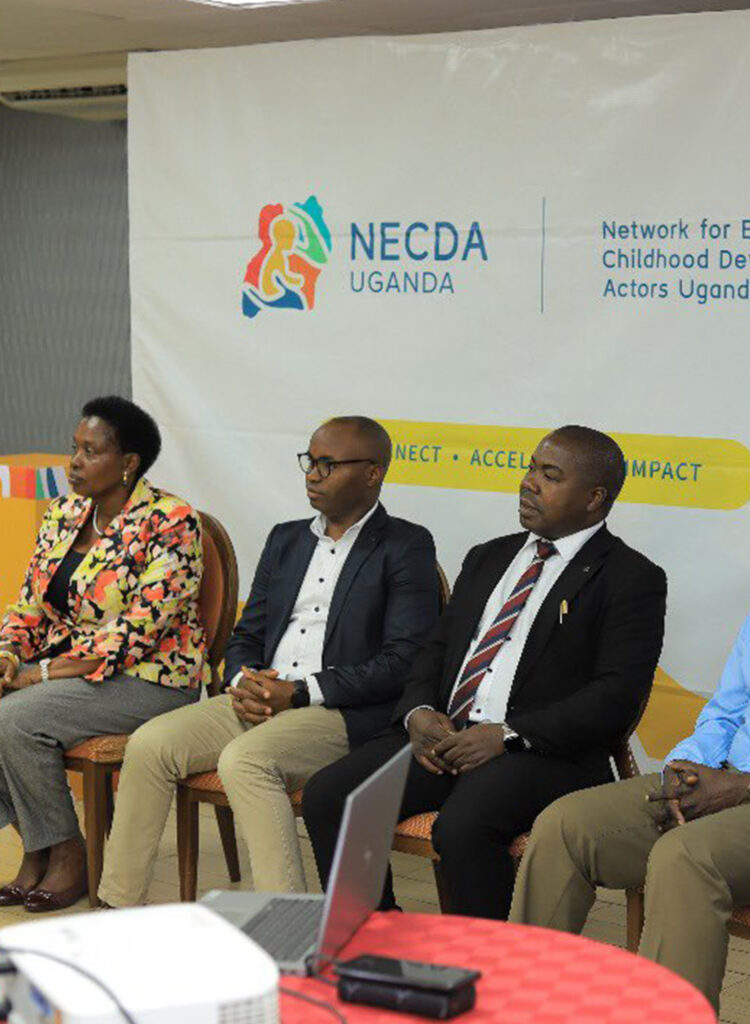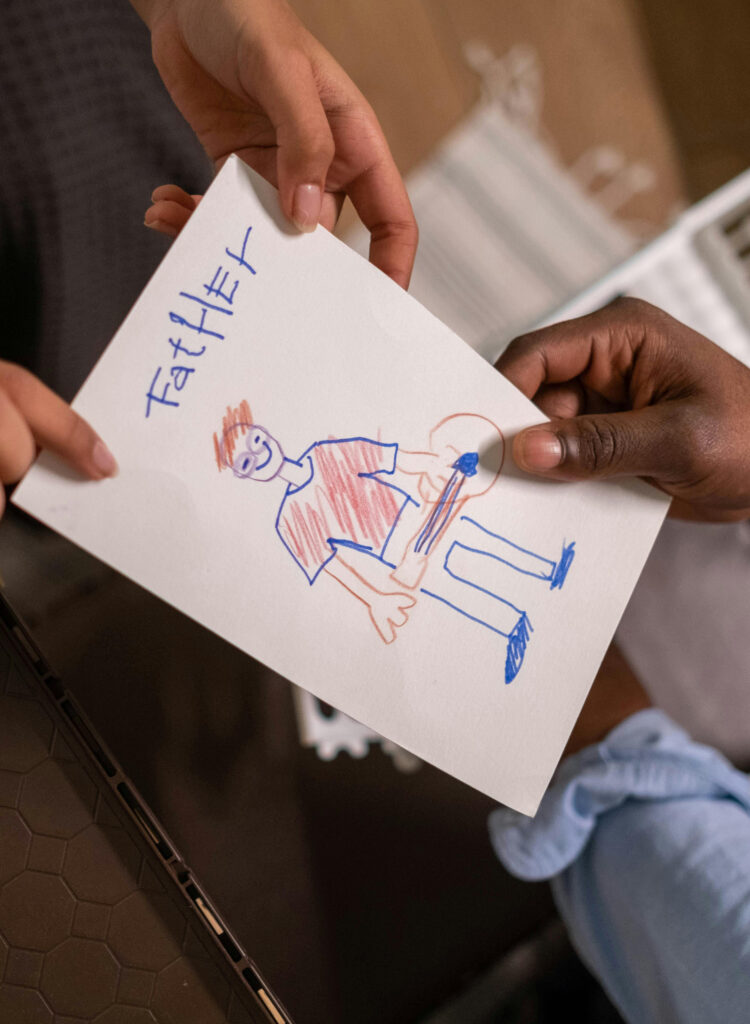In the pursuit of national development, few investments are as high-yield and time-sensitive as those made in early childhood. Yet in Uganda, decisions about where and how to invest in the youngest children are still too often made in the absence of robust, localized, and timely data. Policies are drafted, programs launched, and budgets allocated, but without clear visibility into what works, for whom, and under what conditions. If Uganda is to achieve its vision of holistic early childhood development (ECD), then research must inform action and drive it.
The 2024 Early Childhood Care and Education (ECCE) Policy marks a turning point in how Uganda envisions its early years agenda. The policy recognizes that quality early learning, health, nutrition, and protection are foundational building blocks for lifelong wellbeing. It outlines ambitious goals, from workforce professionalization to multi-sector coordination. But even the best-designed policy cannot succeed without a steady stream of evidence to guide its implementation.
Today, critical gaps remain in the data needed to bring the ECCE Policy to life. There is limited information on the status of young children in rural, refugee, or pastoralist communities. Few studies explore the quality of existing ECCE centers, or whether play-based learning methods are culturally responsive and effective. Baseline data on caregivers’ capacities, household caregiving practices, and local financing models are scarce. Without these insights, it becomes difficult to tailor interventions or hold service providers accountable for impact.
This is where academic and research institutions have a transformative role to play. Universities, teacher training colleges, and independent think tanks possess the tools to generate context-specific knowledge grounded in Ugandan realities, languages, and livelihoods. Yet, research often remains siloed within academic journals or confined to donor reporting requirements. The challenge is not only producing evidence but ensuring it is accessible, translated, and used by decision-makers at every level.
Encouragingly, a new wave of actors is beginning to bridge this divide. NECDA’s Research and Academia Cluster brings together scholars, evaluators, and program implementers to identify priority research questions and promote knowledge sharing. Innovations in data collection are enabling real-time insights into service quality, attendance, and developmental progress. Local universities are forming partnerships with NGOs and local governments to pilot and evaluate new models of caregiver training, parent engagement, and inclusive education.
But these efforts must go further. Uganda needs a coordinated national research agenda for ECD; one that aligns with the ECCE Policy Implementation Plan, encourages open data, and builds interdisciplinary collaboration. Local Governments must be equipped to collect data, interpret and apply it. Civil society should be supported to document grassroots innovations and elevate community voices into national dialogue. And policymakers must be willing to shift course when the evidence calls for it.
Perhaps most critically, we must challenge the idea that ECD evidence is one-size-fits-all. Uganda’s diversity demands research that is deeply embedded in place. What works in a Kampala daycare may not translate to a Karamoja kraal or a refugee settlement in Yumbe. Local knowledge, lived experience, and indigenous caregiving wisdom must be valued alongside technical expertise.
In this way, evidence becomes both a compliance tool and an engine of equity. It helps us see who is being left behind, and why. It reveals which interventions produce lasting change, and which ones must be rethought. It strengthens advocacy, sharpens strategy, and unlocks more targeted financing.
Uganda has the policy. It has the passion. What it now needs is the power of knowledge; locally generated, widely shared, and deeply applied. When we use evidence not just to explain the past but to shape the future, we build an ECD system that is effective, and just. And in doing so, we give every child a fair and fighting chance to thrive.




